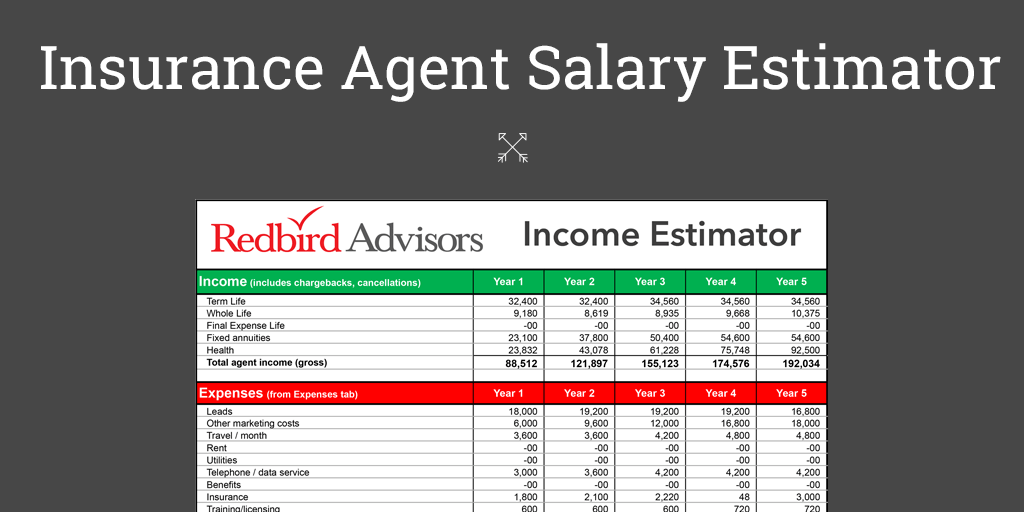
Buying life insurance for epilepsy is not an impossible task, but it does take some detective work to get an approved policy with most life insurance providers.
Most importantly, you need to know the questions to ask to have the best shot at getting approved for life insurance with a pre-existing condition.
Also, life insurance premiums are not always higher because of seizures, so it’s important to remember that you can still get life insurance with epilepsy.
Looking for Life Insurance Quotes for Someone with Epilepsy?
Is epilepsy a pre-existing condition?
YES, it’s one of the many examples of pre-existing medical conditions for life insurance. So, you need to treat it as such and familiarize yourself with the information the life insurance underwriting team will need to make a proper assessment.
Almost everyone needs life insurance, but unfortunately not everyone can qualify.
Writing impaired risk life insurance is tough, yet very rewarding when you can successfully help your client.
Understanding how to navigate the various health conditions will certainly allow you to help more people get life insurance quotes. And. the more people you help, the more money you’ll make. It’s a win win.
But you can’t do it if you’re not prepared.
Today I want to focus specifically on how to write life insurance with epilepsy. Epilepsy, a seizure disorder that affects nearly 3,000,000 Americans, 2/3 of which the cause is unknown.
Let’s take a quick look at the basics from our friends at the epilepsy foundation.
What Life Insurance Agents Should Know About Epilepsy
Epilepsy is a neurological disorder in the central nervous system. It manifests primarily in seizures which happen when disruptions occur in the nerve cells of the brain.
The cause of epilepsy is mostly unknown, though it is typically diagnosed after at least two seizures and mainly in children or young adults.
The reason it can be hard to get life insurance approval for people with epilepsy is because the complexity of the risk associated with the seizure disorder. Insurance industry underwriters need to understand the details of the case so they can effectively manage the risk and ultimately approve or decline the life insurance application.
This means it’s up to you, the agent, to ask the right questions to give your client the best chance of getting approved. You are their first line of defense from getting declined affordable life insurance, so make sure you’re playing your part as the field underwriter prior to the medical exam.
Underwriting Info Needed to Get a Life Insurance Policy with Epilepsy
Step 1: Identify the date of diagnosis.
Step 2: Determine if any surgical treatments were completed to help control the disorder. Not all types of epilepsy require surgical treatment, but you certainly want to make sure and ask that question.
Step 3: Ask the client what type of seizures they have. Below are the various types of seizures associated with epilepsy which you will come across in the field. I also included some links to the Epilepsy Foundation for more specific information for those of you itching to study!
- Petit mal seizure or absence seizure are very hard to detect as the common sign of “staring off” can be very brief.
- Grand mal seizure (convulsions), also known as tonic-clonic seizure are the most common type of seizures most people think of when they hear the word epilepsy. These are commonly considered higher risk.
- Simple partial seizures (Jacksonian) commonly affect motor skills and sensory processing disorder.
- Complex partial seizure are those that typically affect alertness and awareness.
- Myoclonic seizures are brief jerks of the head, arms or shoulders and typically do not last more than a second, but can come in clusters.
- Infantile Spasms are a unique and rare form of epilepsy in children that can be extremely hard to treat.
- Febrile Seizures occur in infants and children and are triggered due to a high fever
Step 4: Identify the date of the last known seizure. This will be critical for the underwriter to know and will certainly prevents unnecessary delays in the underwriting process.
Step 5: How many seizures per year does your client have and do they experience loss of consciousness? Knowing the frequency is another determination the life insurance company will want to know when they are making their risk assessment. This can impact life insurance cost and result in higher premiums.
Step 6: What type of lifestyle limitations does you client have?
Step 7: Aggregate all of this information to start the application process.
It’s important you document the information in the agent notes section of the life insurance application or fact finder, depending what part of the sales cycle you are in. The underwriters will absolutely need this information, and submitting applications without the proper details will absolutely result in underwriter delays and potentially how much life insurance they can get approved for.
Underwriting Epilepsy For Life Insurance
Standard life insurance coverage may be extended to epileptic clients whose last seizure occurred at least 2 years prior to their insurance application. In some cases, there may even be chances for preferred, but it’s going to take a lot of detailed information.
If the most recent seizure happened within the last 24 months, a table rating may be applied. Table rates range from 1-8 with most life insurance companies which translates to an addition 200% of premium depending on the risk.
If that last episode happened beyond 5 years, standard life insurance rates, in general, may apply and maybe even preferred. Like many pre-existing conditions, the longer the time has passed since the last epileptic seizure, the least expensive the table rating would be. Standard rates are possible based on the history and table shaving could be available if someone is considering permanent instead of term life insurance.
Depending on the medical history of the individual, writing the life insurance may be postponed for 4 to 6 months prior to a client’s last seizure.
Conclusion
Getting approval for life insurance with epilepsy will be largely based on your client’s health history, the type of epilepsy he/she has, and what the medical records show. The underwriters can’t make a fair assessment and approve life quotes unless they have the proper information.
As a licensed life agent, you have the responsibility to advocate for your client and their loved ones and that’s accomplished through detailed field underwriting.
For more information on how to write impaired risk life insurance, check out our impaired risk guide by clicking HERE.


